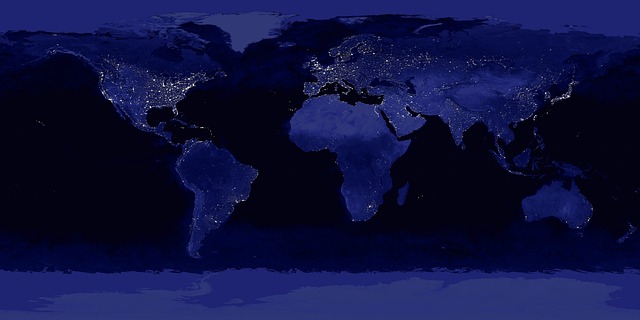Exploring the Intersection of Science and Modern Philosophy in Shaping our Worldview
The essence of our worldview—the lens through which we interpret reality, make decisions, and seek meaning—has long been a topic of exploration in both science and modern philosophy. As we delve into the complexities of existence, the relationship between these two fields reveals a rich tapestry that invites skepticism and wonder alike.
Science, with its unwavering commitment to evidence and empirical observation, invites us to question our assumptions about the universe. From the microscopic workings of genetic structures to the vast, unfathomable cosmos, scientific discoveries continually reshape our understanding of reality. Each breakthrough challenges previously held beliefs, often producing a sense of disorientation as we grapple with the implications of what we learn. This dynamic process of re-evaluating knowledge is where skepticism thrives, pushing us to not only ask “What do we know?” but also “How do we know it?”
Modern philosophy complements this scientific pursuit, offering frameworks to interpret the implications of newfound knowledge. Philosophers such as Daniel Dennett and Martha Nussbaum have scrutinized the impacts of scientific advancements on ethics, identity, and existence itself. The dialogue between science and modern philosophy serves to bridge the gap between facts and values, urging us to critically assess how our discoveries influence our ethical beliefs and societal structures.
For instance, consider the implications of advancements in AI and biotechnology. These innovations provoke crucial ethical questions about human agency, potential inequality, and the definition of what it means to be human. How does our scientific understanding of consciousness inform our philosophical views on free will? As we stand on the brink of profound change, our worldview is at risk of being challenged, leading us to question the very nature of reality and our place within it.
As we navigate the complexities of a world increasingly defined by technological advancement, the interplay between science and philosophy becomes essential. Each can fortify the other; science grounds our understanding, while philosophy helps us contextualize the moral implications of our findings. This symbiosis invites a critical skepticism that not only enriches our perspectives but also becomes a compass for making sense of an evolving world.
Ultimately, the exploration of our worldview at this intersection culminates in a profound invitation: to embrace curiosity and question our beliefs continually. By fostering a dialogue between the empirical insights of science and the reflective depth of philosophy, we equip ourselves to better navigate the challenges and opportunities that lie ahead.




